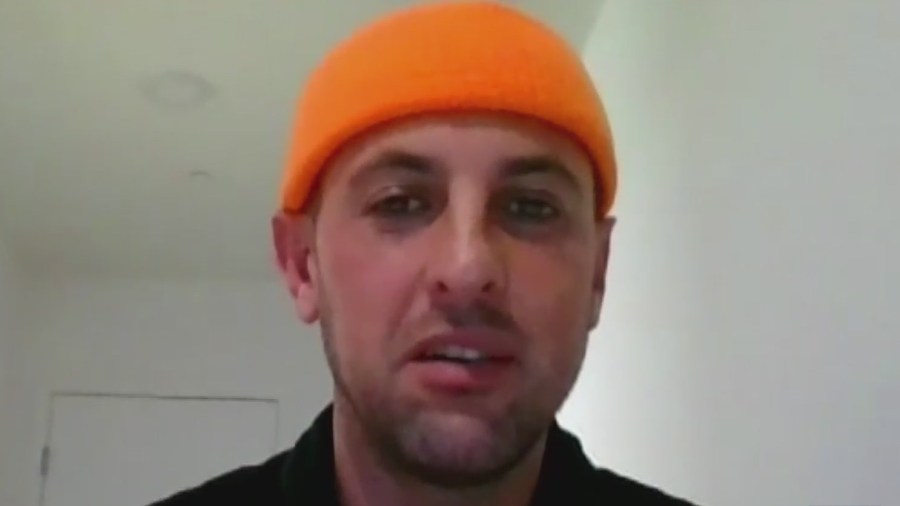PORTLAND, Ore. (KOIN) — When the pandemic broke out and enveloped New York in the spring, Portland nurse Kevin Pratt packed his bags and traveled to help other nurses deal with the outbreak.
“I was seeing that New York was desperate for nurses,” Pratt told KOIN 6 News. At that time Oregon wasn’t seeing a lot of cases. Oregonians had embraces safety guidelines and successfully flattened the curve, which relieved officials’ fears about hospitals becoming overwhelmed.
“We were overstaffed, really, because they had shut the surgical unit down.”
For 2 months, Pratt worked 84 hours a week at a hospital in the Bronx.

“It was really crazy and stressful,” he said. “I was on 4 different units during my time there. One was an all-COVID unit and that was the craziest week that I had there.”
The COVID patients he worked with were put in an overflow unit. “It was like an old part of the hospital and they opened it up during the crisis.”
And the conditions, he said, were unlike anything he’d seen in his career. “There were 6 people in a room. The beds were, like, they were ancient. The call lights were the dinger bells, like at a hotel front desk. It was a pretty sad place.”
Which brings us to Oregon now
Leaders across Multnomah County were on a virtual call Monday hearing about the latest COVID conditions. Tri-county Health Officer Dr. Jennifer Vines said in the wake of a surge, health authorities are worried about more than the possibility of running out of hospital beds.
“Everybody is looking at a surge so we can’t rely on outside help in terms of licensed healthcare professionals because essentially we’re all drawing from the same pool,” Vines said. “Unfortunately we’re running into kind of a zero-sum game as far as skilled professionals to care for the people who do get the severe version of this virus.”
She added the virus is spreading beyond their ability in public health to notify each case quarantine contacts of that case.
“When we have the kind of rapid, widespread virus transmission like we’re seeing now, that kind of contact tracing is less effective and we have to just ask people to pull back,” Vines said.
Hospitals are predicted to run out of beds around December 1 but it’s just a prediction, she said.
“If people really do pull back on their plans the peak might be lower, it might be further out, we’re hoping for both. But it does raise the specter of what will happen after Thanksgiving for people who may be proceeding with their usual plans, which we really hope is not happening.”
Jessica Guernsey, the Multnomah County Public Health Director, said the issue isn’t just being able to care for COVID patients.
“If you have a car accident, a heart attack, if you’re in need of a hospital bed or emergency services, hospital beds filling up means filling up for everything,” Guernsey said. “And we will not be able to get people in and we’re really trying to focus our efforts on not having that happen.”
Pratt said the one encouraging thing is that since his time in New York, the treatment for COVID has gotten a lot better. Still, health officials are pleading with everyone to stay home and save lives.
KOIN 6 News reporter Jacquelyn Abad contributed to this report.